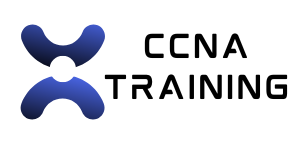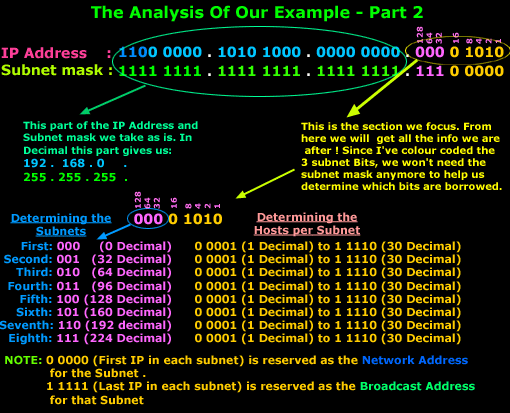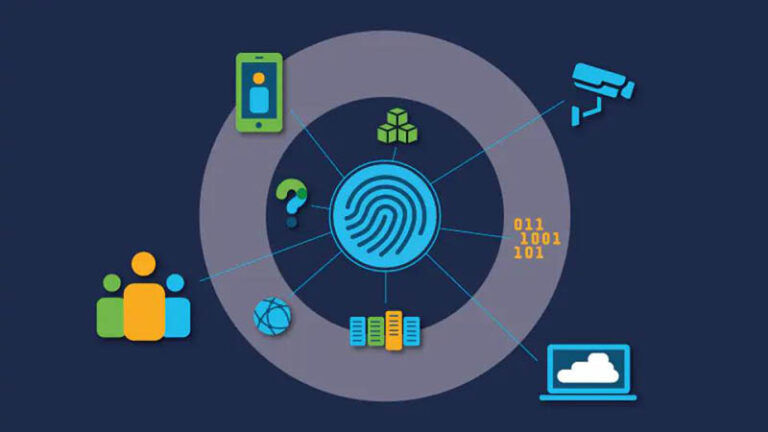For network engineers and administrators with at least a year of networking experience, Cisco Systems offers the professional-level Cisco Certified Network Professional (CCNP) certification. With the help of this certification, one can demonstrate that they are capable of organizing, putting into practice, checking, and debugging enterprise networks. They can also work with experts on advanced security, wireless, video, and voice solutions. Candidates need to pass one core exam and two concentration exams of their choosing in order to become certified as CCNPs. Core exam topics include virtualization, infrastructure, network assurance, automation, security, and dual-stack (IPv4 and IPv6) architecture.
Key Takeaways
- CCNP certification is a professional level certification for networking professionals
- Building a strong foundation in networking is essential for success in CCNP certification
- Advanced routing and switching techniques are crucial for managing complex networks
- Implementing scalable and secure networks is a key aspect of CCNP certification
- Designing and troubleshooting network infrastructure is a critical skill for CCNP professionals
- Mastering advanced technologies and protocols is necessary for CCNP certification
- Proper preparation is essential for success in the CCNP exam and beyond
With the help of concentration exams, candidates can focus on specific topics like wireless technologies, data centers, enterprise networking, security, and service providers. A CCNP certification is good for three years. In order to keep the certification active, candidates must recertify within the allotted three years by either passing an updated professional-level exam or obtaining a higher-level certification. Technical understanding. It’s also critical to obtain practical experience with networking hardware and software.
This entails knowledge of wireless access points, switches, firewalls, and routers, as well as proficiency setting and debugging these gadgets. Soft Skills. Candidates for the CCNP certification should acquire critical soft skills in addition to their technical expertise.
These include critical thinking, problem-solving, & communication abilities, all of which are necessary for resolving network problems, working in teams, and effectively interacting with stakeholders. Ongoing Education & Real-World Experience. It takes commitment, never-ending education, & hands-on practice in real-world networking settings to establish a solid networking foundation. People can position themselves for success in their pursuit of the CCNP certification by combining technical knowledge, soft skills, & practical experience.
| Course Module | Number of Lessons | Duration |
|---|---|---|
| CCNP Routing and Switching | 15 | 30 hours |
| Advanced Troubleshooting | 10 | 20 hours |
| Network Security | 12 | 25 hours |
| Quality of Service | 8 | 15 hours |
A fundamental part of the CCNP certification involves advanced routing and switching techniques. Comprehending intricate routing protocols like OSPF, EIGRP, and BGP, along with sophisticated switching technologies like EtherChannel, STP, and VLANs, is part of this. Also, candidates need to be knowledgeable about the fundamentals of network design, such as route summarization, IP addressing, & hierarchical network design. In addition to academic understanding, candidates should have practical experience configuring & debugging switching and routing systems in a laboratory setting. To learn complex routing and switching techniques and get ready for the CCNP exams, you need to gain this hands-on experience.
The design and implementation of scalable and resilient network infrastructures require the use of advanced routing and switching techniques. A major component of the CCNP certification is network implementation that is both secure and scalable. This entails being aware of concepts related to network security, including secure network architecture, firewalls, VPNs, & access control lists (ACLs). Also, candidates need to be adept at putting scalable network architectures into practice using tools like network address translation (NAT), route redistribution, and VLSM. Apart from security and scalability, candidates must possess knowledge of network automation & programmability with tools like Ansible, Python, and SDN controllers. These abilities are necessary to increase efficiency and simplify network operations.
Network infrastructure knowledge and proactive risk mitigation are key components of implementing scalable and secure networks. Another essential component of the CCNP certification is network infrastructure design and troubleshooting. This entails being aware of fundamentals of network architecture such as fault tolerance, redundancy, modularity, & high availability. Also, candidates need to be adept at troubleshooting typical network problems with tools like SNMP, packet capture analysis, syslog, and network monitoring programs.
Candidates should have the technical know-how as well as the ability to write thorough network documentation and interact with stakeholders in an efficient manner. This include drawing network diagrams, composing technical reports, and putting forward technical problem-solving strategies. It takes a comprehensive approach to comprehend network architecture and handle complicated network issues when designing and troubleshooting network infrastructure. sophisticated routing protocols. Candidates must be well-versed in advanced routing protocols, such as BGP attributes, OSPFv3, & EIGRP for IPv6.
These protocols are necessary to support cutting-edge applications and optimize network performance. cutting-edge switching technologies. Candidates must be skilled in advanced switching technologies like VTP pruning, private VLANs, and rapid spanning tree protocols in addition to routing protocols. These technologies are essential to maintaining the scalability and dependability of networks.
Enhancing the Performance of a Network. A thorough understanding of cutting-edge technologies like multicast routing, MPLS, QoS, and network virtualization is essential for candidates looking to maximize network performance. These technologies are necessary to enable cutting-edge uses like voice and video.
It takes both practical experience with cutting-edge networking technologies & ongoing education to become proficient with advanced technologies and protocols. A well-thought-out study schedule, practical experience, and access to high-quality study resources are necessary to prepare for the CCNP exam. To get a sense of the exam’s scope, candidates should first study the topics and objectives supplied by Cisco.
Next, in order to cover all the exam topics in a methodical manner, they should make a study schedule. Candidates may find it helpful to augment their learning with instructor-led training courses or study groups in addition to independent study. In order to gain practical experience with networking technologies and reinforce theoretical knowledge, hands-on practice is imperative. In order to gauge their preparedness for the test, candidates should also make use of practice exams. After passing the CCNP test, certified professionals ought to keep up with the most recent networking best practices and technologies. This could be becoming a specialist in wireless or security or going for more advanced certifications like the Cisco Certified Internetwork Expert (CCIE).
Maintaining a competitive edge in the dynamic realm of networking demands constant learning. Finally, for network professionals hoping to progress in their networking careers, the CCNP certification is an invaluable qualification. Networking is a dynamic field. Candidates can position themselves for success by developing a strong foundation in networking, mastering advanced routing and switching techniques, implementing secure and scalable networks, designing and troubleshooting network infrastructure, mastering advanced technologies and protocols, and effectively preparing for the CCNP exam and beyond.
If you’re interested in learning more about Cisco CCNP, you should check out the article “Exploring the Frontier: Cisco’s New Routers Revolutionize Networking”. This article discusses how Cisco’s new routers are changing the game in networking and could be valuable information for anyone pursuing their CCNP certification. And if you’re looking for training resources, you can also visit ccnatraining.com for more information and resources.
FAQs
What is Cisco CCNP?
Cisco Certified Network Professional (CCNP) is a professional-level certification offered by Cisco Systems. It is designed for network engineers and administrators who have at least one year of experience in networking.
What are the requirements for obtaining the CCNP certification?
To obtain the CCNP certification, candidates must pass three exams: a core exam and two concentration exams. The core exam covers core networking technologies, while the concentration exams allow candidates to choose a specific area of focus, such as security, wireless, or automation.
What topics are covered in the CCNP exams?
The CCNP exams cover a wide range of topics, including network design, implementation, troubleshooting, and security. Specific topics may include routing and switching, wireless networking, network automation, and network security.
What are the benefits of obtaining the CCNP certification?
Obtaining the CCNP certification demonstrates a high level of expertise in networking and can lead to career advancement and higher earning potential. It also validates the skills and knowledge needed to plan, implement, verify, and troubleshoot complex network solutions.
How long is the CCNP certification valid for?
The CCNP certification is valid for three years. To maintain the certification, candidates must recertify by passing a recertification exam or by earning a higher-level certification, such as the Cisco Certified Internetwork Expert (CCIE) certification.















